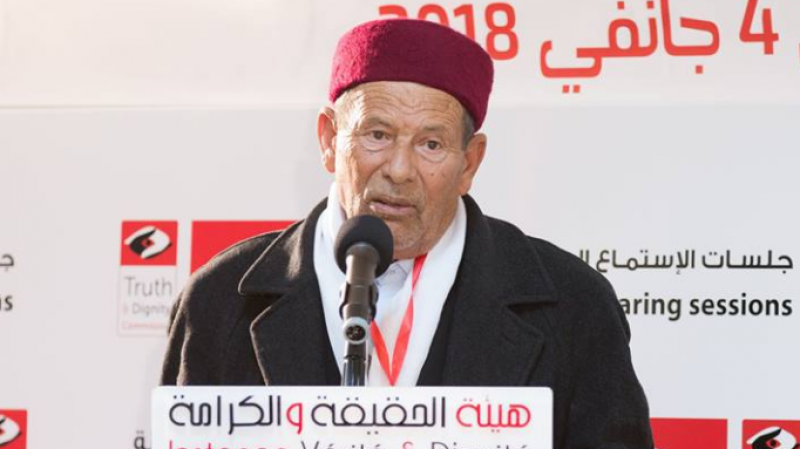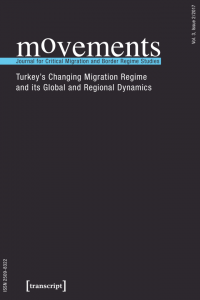Nawaat | 25.12.2017
This year’s Documentary Film Festival of Redeyef (RFDR) takes place December 20-24, in the town whose name is almost synonymous with Tunisia’s phosphate industry and its deleterious effects on the surrounding populations and environment. Although the mining basin revolt of 2008 is considered a precursor to the Tunisian revolution in 2011, in 2017 residents affirm without hesitation that here in Redeyef, « nothing has changed ». Now in its fourth year, the RFDR, funded by the Rosa Luxembourg Foundation, is pushing to establish a perennial film festival here, a so-called difficult terrain that is parched for sustainable cultural outlets.
Vanessa Szakal
From Gafsa to Redeyef, it is 45 miles and just about an hour’s drive through dry, chalky land dotted with dusty green shrubs. Beyond a long and gradual ascent, the town materializes, empty and grey. It is the end of December, and winter break: everything is closed up, so the streets appear as bleak as the weather. A few minutes off the main road is Economat, the main venue for this year’s Documentary Film Festival. Over four days, Economat is alive with a team of organizers, seasoned and amateur filmmakers, sound and projection engineers, musicians, professors and festival goers. Economat, recently renovated and sparsely equipped, is the vestige of a colonial structure. Though barely a few degrees warmer than outside, the building and energy it holds are welcoming refuge from the cold air and sharp wind. On the opening evening, a concert by Abdullah Miniawy and Ahmed Salah from Egypt draw a considerable crowd, a number of youth from around town, besides the 30 or so people bussed in from the capital.
Weiterlesen »


